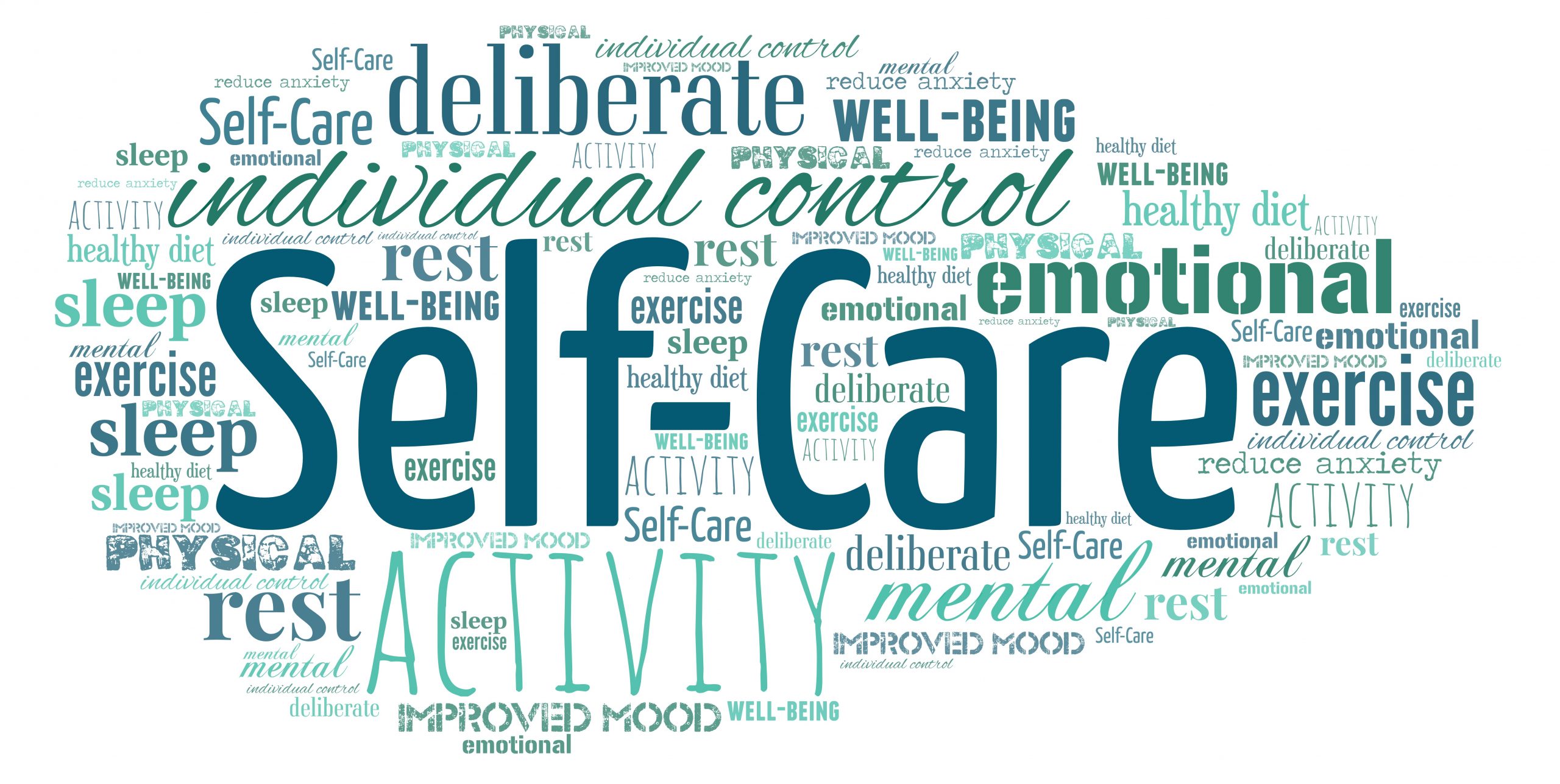16 Self-Care
Learning Objectives
By completing this section, you can:
- Identify the definition and importance of self-care.
- Recognize what self-care may include.
- Learn how to practice self-care.
What is self-care?
Self-care is defined as a “a general term that describes everything you do deliberately for your mental, physical, and emotional well-being” (Perimeter Healthcare, 2021). Self-care looks different for everyone, but can prepare you to be your best self in all aspects of life.
Tips for Practicing Self-Care
Figure out what you Find Relaxing and Calming
- Everyone is different. and their definition of relaxation is different. Figure out what helps you feel calm and relaxed and try to incorporate that into your daily life.
Get Enough Sleep
- When you are not getting enough sleep, you are not letting your mind and body heal every night. Focus on getting enough sleep to help you feel better prepared for the day ahead of you.
Take Care of your Physical and Mental Health
- The truest form of self-care is making sure you are alright. This includes taking care of your physical health by staying active and eating nutritious foods. It also means taking care of your mental health by determining when you need breaks and additional support.
Practice Good Hygiene
- Washing your hands and brushing your teeth are aspects of self-care. These actions help keep you healthy.
Avoid Risks
- When engaging in risky behaviour you are not putting your health first.

How do you Practice Self-Care?
Created by Vanessa Reka at University of Windsor
Chapter Progress



